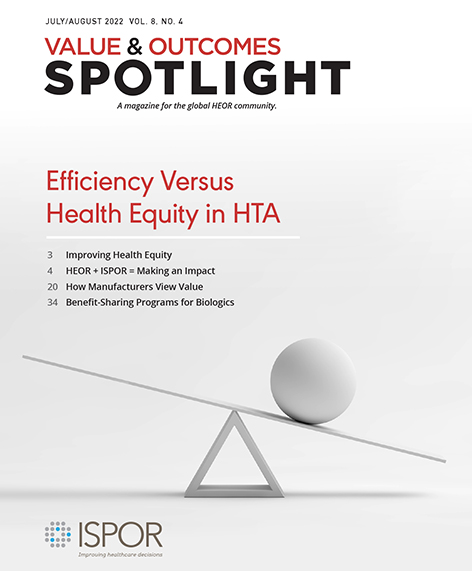Improving Health Equity

Health equity—that is, providing equitable and accessible high-quality healthcare—is a business and moral/ethical imperative. Each stakeholder in the healthcare system should do their part to advance health equity in their organizations, businesses, communities, and society. Some argue that little has changed in health equity over the past 20 years since the Institute of Medicine published its report, Unequal Treatment, highlighting that racial and ethnic disparities exist in healthcare. For example, Blacks and Hispanics generally receive poor quality of care when compared to Whites across many diseases. Although many are striving to improve the narrative and make positive changes, undeniably, health disparities still exist today. Literature has clearly documented these inequities by providing data and definitive statistical analyses showing that minorities such as Blacks, when compared to non-Hispanic Whites, have lower life expectancy, higher cancer mortality rates, increased infant mortality, and greater likelihood of having diseases. Distrust in the healthcare system among minority groups further adds to health disparities and was evidenced during the COVID pandemic by the hesitancy of these groups toward being vaccinated. What can we as health economists and health researchers do to make a difference and reduce the disparities and provide more equitable access to healthcare?
Ensuring inclusion of diverse populations in clinical trials is one area where an immediate and substantial improvement can be made. Diversity in clinical trials has also been promoted by government agencies such as the European Medicines Agency and the US Food and Drug Administration, which have both published guidance related to diversity, equity, and inclusiveness in clinical trials. Heeding diverse patient voices and perspectives throughout the entire drug development process is much more valuable and effective than obtaining ad hoc patient feedback after the drug launch. Adherence to this practice will most certainly generate meaningful data to assess and increase the applicability and appropriateness of treatments and therapeutics for minority patients.
"What can we as health economists and health researchers do to make a difference and reduce the disparities and provide more equitable access to healthcare?"
Improving our methodologies for health technology assessment (HTA) by incorporating equitable healthcare resource distribution in HTAs is also key in ensuring health equity. The inequalities that may exist during these assessments need to be quantified and addressed. Using various methods that can range from a simple distribution analysis in modeling to using multicriteria decision analysis and weighting willingness-to-pay thresholds to reflect health equity considerations and disease burden can help ameliorate health equity. We can drive the application of methods that directly address health equity by ensuring that inclusive perspectives are integrated into HTAs and become part of the evaluation process.
To make a positive change, our approach to healthcare equity will require not only a strong commitment, but also active engagement, participation, accountability, and a call to action among all stakeholders in the healthcare ecosystem. Through our dedicated and persistent vigilance, greater health equity will undoubtedly lead to improved patient outcomes and healthier communities.
As always, I welcome input from our readers. Please feel free to email me at zeba.m.khan@hotmail.com.
Zeba M. Khan, RPh, PhD
Editor-in-Chief, Value & Outcomes Spotlight

